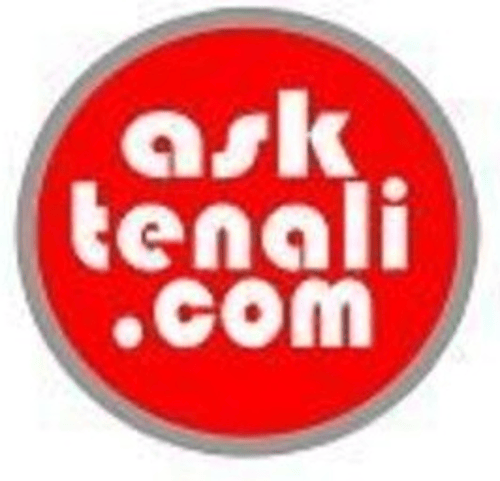Unravelling the Mysteries of Blockchain: Global Top 10 Questions Answered
#BlockchainTechnology #Crypto #DigitalInnovation #Decentralization #SecureTransactions #SmartContracts
#BlockchainRevolution #GlobalEconomy #TechInnovation #Cryptocurrency
Delve into the world of blockchain with answers to the most pressing questions, provided by s in the field. Learn about the technology that is revolutionizing industries worldwide.
Blockchain is a revolutionary technology that has taken the world by storm. It has the potential to transform industries, increase transparency, and improve efficiency in a wide range of applications.
However, despite its increasing popularity, many people still have questions about blockchain and how it works. In this article, we will explore the global top 10 questions about blockchain and provide answers to each one.
1. What is blockchain?
Blockchain is a decentralized and distributed digital ledger that records transactions across several devices and ensures that the data is tamper-proof and secure.
Answer: Blockchain is essentially a chain of blocks that contain digital information. It is a decentralized and distributed ledger that is maintained by a network of computers. Each block contains a cryptographic hash of the previous block, which creates a secure and unalterable record of transactions.
2. How does blockchain work?
Blockchain works by using a consensus mechanism to validate and record transactions. When a new transaction is made, it is added to a block and then verified by the network. Once verified, the block is added to the chain, creating a permanent and secure record of the transaction.
Answer: Blockchain uses a combination of cryptographic techniques and consensus algorithms to ensure the security and integrity of the data. This makes it virtually impossible for any single entity to manipulate the data or control the network.
3. What are the applications of blockchain?
Blockchain has a wide range of applications across different industries, including finance, supply chain management, healthcare, and more. It can be used for secure and transparent record-keeping, asset tracking, and smart contracts.
Answer: The applications of blockchain are almost limitless. It can be used for anything that requires secure and transparent record-keeping, such as financial transactions, supply chain management, and identity verification.
4. What are the benefits of blockchain?
Blockchain offers numerous benefits, including increased transparency, security, and efficiency. It eliminates the need for intermediaries and reduces the risk of fraud and errors.
Answer: The main benefit of blockchain is its ability to create a secure and transparent record of transactions. This can help reduce fraud, errors, and the need for middlemen, ultimately increasing efficiency and trust in transactions.
5. What are the challenges of blockchain?
While blockchain offers many benefits, it also comes with its own set of challenges, such as scalability, interoperability, and regulatory issues.
Answer: One of the biggest challenges facing blockchain is scalability. As the technology continues to grow and evolve, the need for faster and more efficient transactions becomes increasingly important. Additionally, blockchain also faces challenges in terms of interoperability and regulatory compliance.
6. How secure is blockchain?
Blockchain is considered to be very secure due to its decentralized nature and cryptographic techniques. It is virtually tamper-proof and resistant to hacking.
Answer: Blockchain is extremely secure due to its decentralized and distributed nature. The use of cryptographic techniques and consensus algorithms make it very difficult for any single entity to manipulate the data or control the network.
7. How can blockchain be regulated?
Regulating blockchain can be a complex task due to its decentralized nature and global reach. However, many countries are working to develop regulations to ensure the responsible use of blockchain technology.
Answer: Regulating blockchain can be challenging due to its decentralized and global nature. However, many countries are working to develop regulations that balance the need for innovation with the need to protect consumers and maintain stability in the market.
8. What is the future of blockchain?
The future of blockchain is very promising, with many s predicting that it will continue to revolutionize industries and create new opportunities for innovation and growth.
Answer: The future of blockchain is bright, with many s predicting that it will continue to transform industries and create new opportunities for innovation and growth. As the technology continues to evolve, we can expect to see new applications and advancements in the field of blockchain.
9. What are the different types of blockchain?
There are several different types of blockchain, including public, private, and consortium blockchains. Each type has its own benefits and drawbacks, depending on the specific use case.
Answer: Public blockchains are open to anyone, while private blockchains are restricted to a specific group of users. Consortium blockchains are controlled by a group of organizations, making them suitable for collaborations between different entities.
10. How can I learn more about blockchain?
There are many resources available for learning about blockchain, including online courses, books, and industry events. It is also important to stay informed about the latest developments in the field.
Answer: There are many resources available for learning about blockchain, including online courses, books, and industry events.
It is important to stay informed about the latest developments in the field in order to fully understand the potential and implications of blockchain technology.
In conclusion, blockchain is an exciting and transformative technology with the potential to revolutionize industries and create new opportunities for innovation and growth.
